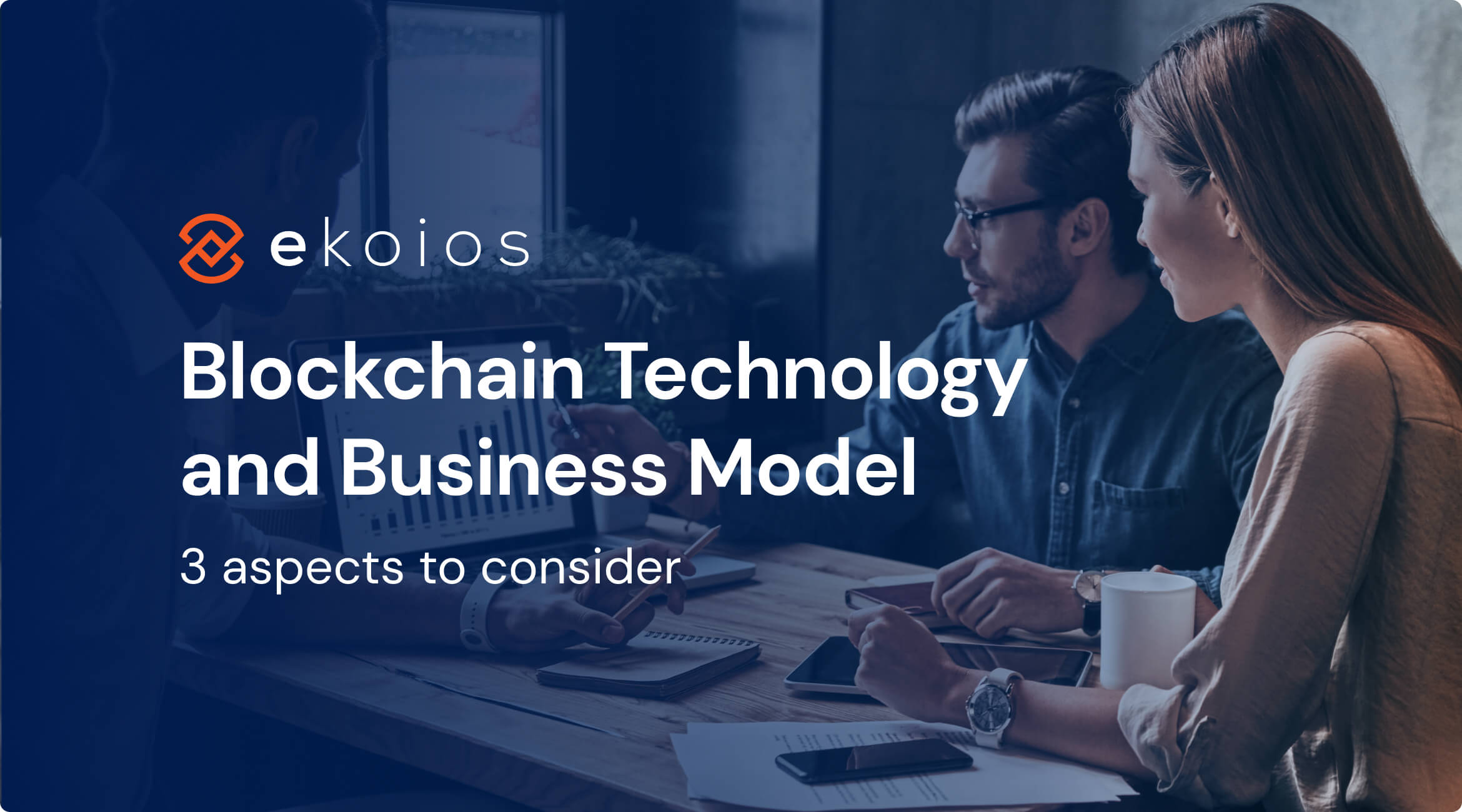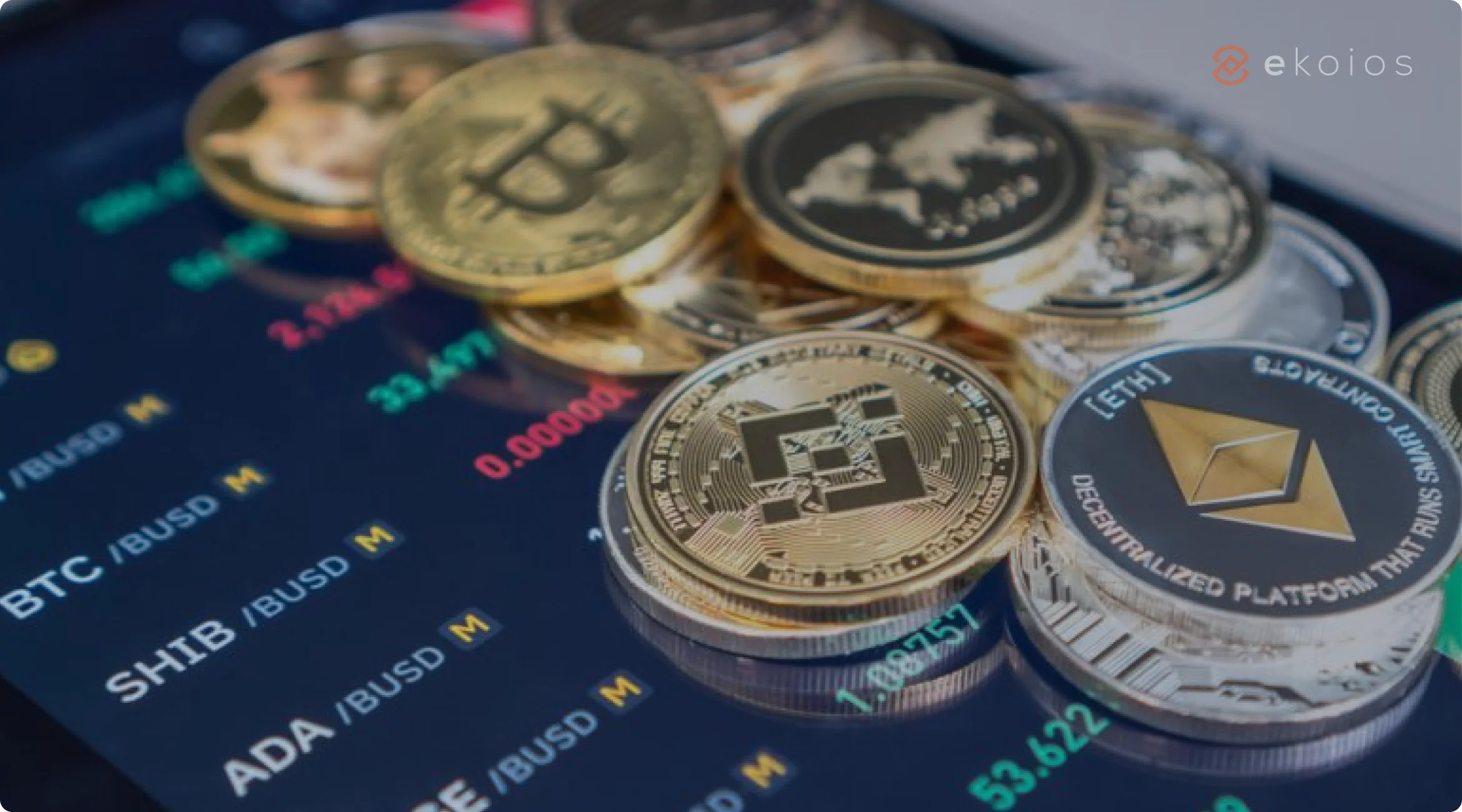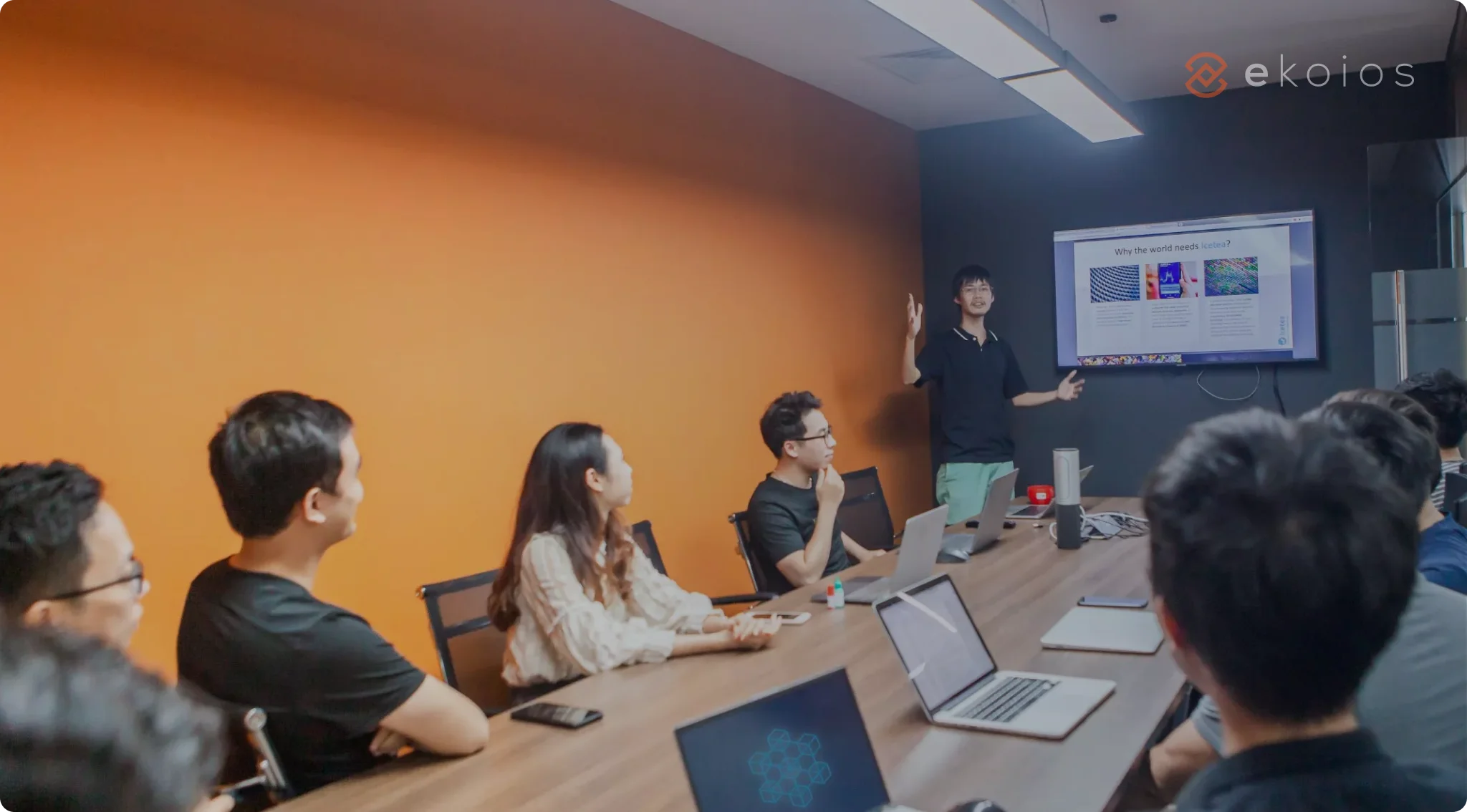
Nowadays, we have seen how blockchain technology can change the way consumers share and store data through secured chains of cryptographic blocks. Not only can blockchain revolutionize currency, but it can also codify areas such as events, medical records, transaction processing, voting, and much more.
The advantages of blockchain include the decentralization of user data, which is achieved through the public network of participants who form a consensus that the information presented is accurate. Instead of one entity or corporation having control of the data, blockchain data is shared throughout its participants, where these users have the power to add code to a blockchain.
Blockchain also creates the potential for crypto assets, which could move commodities into a tokenized set of crypto data to be used on a commercial level.
The popularity of blockchain technology gives way to new business models and propositions for companies that want to promote decentralized technology-oriented business models. However, when it comes to evaluating technology and its practicality, we should consider these three aspects: decentralization, crypto-asset, and business model.
1. Decentralization
Decentralization is the biggest driving force behind the shift to blockchain technology and business models. By decentralizing data on a public record, block-level data is transparent to all users. Since blockchain is fully decentralized, the coding is open source, so that one entity does not own or control the information and decentralization grows stronger with the entrance of new users. The more people engage in the network, the harder it is for an individual to censor information for the public.
Blockchain technology usecases are typically decentralized along one of four vectors: political, architectural, commercial, or contractual. Let us take a deeper look:
- Political decentralization: Political decentralization refers to how many individuals or organizations control the system. Political decentralization strengthens as more people engage in blockchain activities — the more individuals involved, the less power they each have over the influence.
- Architectural decentralization: Architectural decentralization refers to the amount of computational hardware and software required by a system to operate. Blockchain follows architectural decentralization because there is no central infrastructural point (i.e., no one computer that is at the center of the network).
- Commercial decentralization: Commercial decentralization refers to the business models and opportunities that a decentralized network creates. For example, a decentralized method of currency transaction disrupts the typical banking model with set fees and interest rates, enabling direct people-to-people transfers.
- Contractual decentralization: Contractual decentralization, known as “smart contracts” in blockchain technology, relies on the blockchain code to initiate a transaction between individuals. The contract is devoid of human mediation and initiates a transaction once both parties have abided by the rules of the contract.
2. Crypto Asset
Crypto assets are another lens under which to evaluate the technology. They determine the behavior of the technology and its monetization potential. A crypto asset can take three forms: a crypto commodity, a token or a cryptocurrency.
- Crypto commodities: In the physical world, popular commodities include metals and oil. However, in the digital world, they correspond to network, storage, compute and protocol, helping create tokenized digital products. Within crypto commodities, more than one will likely scale based on the use case.
- Tokens: Tokens are analogous to finished digital products built through crypto commodities. Although there are many solid use cases of tokens, lots of them really do not need to exist or have weak use cases. One needs to carefully consider how the crypto commodities build these tokens and whether the use cases really create value.
- Cryptocurrency: cryptocurrency is a new form of digital asset based on a network that is distributed across a large number of computers. This decentralized structure allows them to exist outside the control of governments and central authorities.
📌 Read more: Using Blockchain for Cross-border Payments
3. Business Model
The final and most critical aspect is whether a business model makes sense in terms of how value is created and whether some sort of sustainable economic logic is visible. In the blockchain world, assets, trusts, ownership, money, identity, and contracts (ATOMIC) are all programmable.
The business model is created based on which one of these is monetized, what is subsidized, and how dollars flow through the business. It is important to understand how each of the above ties into a cohesive business model.

One of a few rising blockchain business models is the Token Economy, which involves driving the functionality in business through the use of tokens. Recently, the decentralized economy emerges as part of a critique of existing market-economy systems. Virtual currencies and assets are making decentralization possible, which undoubtedly influences the economy. As there is little government intervention, goods and services are in the hands of private companies which arise higher quality and better prices because it is the offer that determines the demand for goods and services.
🔎 For example, Genesis Kingdom – a real estate trading platform developed by Ekotek – allows users to tokenize their land and raise capital more efficiently as it gives investors unprecedented access to private real estate investments, transparency, and liquidity. More case studies
Jumpstart blockchain development with Ekotek
Ekotek Technology spearheads Blockchain Technology of APAC as we universalize Blockchain applications. We have been providing consulting and development services for many startups and enterprises and successfully helped them launch their Token, Cryptocurrency Exchanges, eWallet, and Application. With our deep experience in Blockchain and team of highly skilled software developers on board, we possess the expertise needed to turn your idea into reality and provide you with 24/7 support during the process, ensuring the highest quality at a very affordable cost.